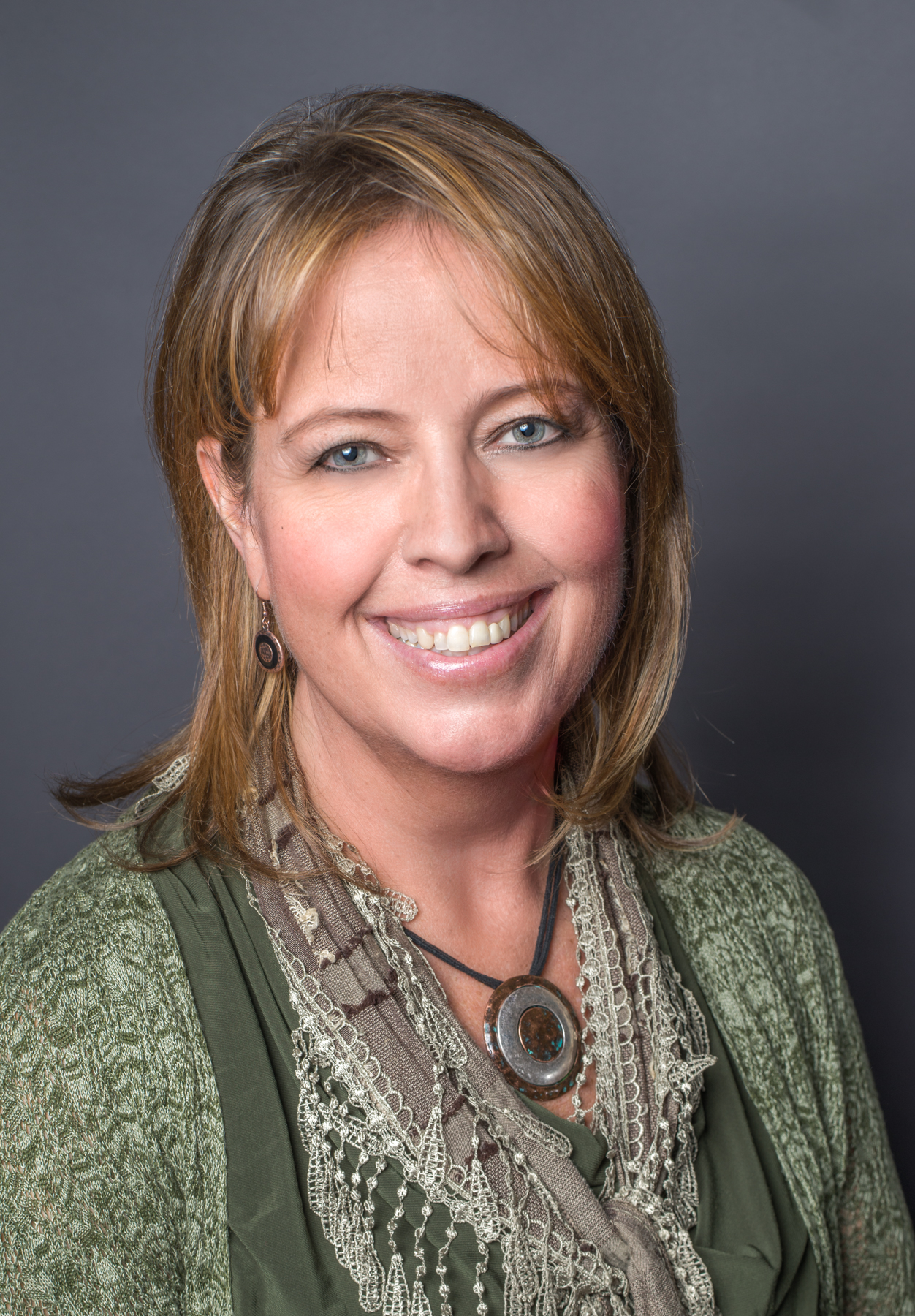“I’m turning 65 – what’s up with the whole medical insurance thing?”
Having the appropriate insurance as we start entering our “mature years” is one of those decisions that can be pretty over-whelming. “Do I go on Medicare?”, “If I’m still working, do I stay on my current health care plan?” or “I work for a large company that offers me a Medicare plan – will that be better?”
As you approach that age, and even 5 years before you even qualify, you will start getting loads of emails and phone calls from companies that want your business. You won’t know them from Adam or if they are trustworthy enough to help you figure it all out. The first thing I always suggest is to find an Independent Licensed Insurance Agent that specializes in Medicare Insurance. They will know all of the companies that offer Medicare, how they work, and can match your doctors and medications to the plan that will serve you the best. In addition, if you need to make changes, they can help you navigate that much quicker.
Lets get into a little bit more information on when to apply and what Medicare looks like:
1. Enrollment Periods:
- Initial Enrollment Period (IEP): The first time you sign up for Medicare. You have a seven-month window in which to apply – three months before and three months after your 65th birthday month.
- General Enrollment Period (GEP): If you miss your IEP, you can enroll during the GEP, which is from January 1 to March 31 each year. However, late enrollment may result in a higher premium.
- Annual Enroll Period (AEP): Also known as Open Enrollment Period, runs from October 15 to December 7 each year. During this time, you can switch or make changes to your Medicare Advantage or Part D plans.
2. Parts of Medicare:
- Part A: Covers inpatient hospital care, skilled nursing facility care, hospice care, and some home health care.
- Part B: Covers outpatient medical services, like doctor visits, preventive care, and durable medical equipment.
- Part C (Medicare Advantage): These are private health plans that offer Part A and Part B benefits, often with additional coverage like prescription drugs.
- Part D: Provides prescription drug coverage.
3. Medigap: Also known as Medicare Supplement Insurance, Medigap policies can help pay for costs not covered by Original Medicare (Part A and Part B), like copayments, coinsurance, and deductibles. You usually need to enroll in a Medigap plan within six months of enrolling in Part B to get the best rates.
4. Medicare Advantage:
- Medicare Advantage plans (Part C) are offered by private insurance companies.
- They often include Part D prescription drug coverage and may offer additional benefits like dental, vision, and fitness programs.
- You’ll typically need to use doctors and facilities within the plan’s network.
5. Coverage Gaps:
- Medicare doesn’t cover everything, and there are gaps in coverage. For example, it doesn’t cover most dental care, vision, hearing aids, or long-term care.
- You can consider additional insurance like dental, vision, and hearing plans, or long-term care insurance to address these gaps.
6. Prescription Drug Coverage:
- Part D provides coverage for prescription drugs.
- Different Part D plans cover different medications, so it’s important to choose one that covers your specific needs.
- There may be a “coverage gap” (often called the “donut hole”) in Part D where you pay more for your medications until catastrophic coverage kicks in.
7. Premiums and Costs:
- Part A is typically premium-free if you or your spouse paid Medicare taxes while working.
- Part B has a monthly premium that varies depending on your income.
- Part D and Medicare Advantage plans have separate premiums.
- There are deductibles and out-of-pocket costs associated with each part, so it’s important to understand these costs.
Medicare can be complex. There are a lot of resources to help you navigate such as Medicare.gov and the “Medicare & You” handbook that you will receive in the mail. Just remember to ask for help – I am a phone call away if you need referrals!

Susan Allard is an SRES® (Senior Real Estate Specialist), Senior Placement and Eldercare Consultant who draws on her diverse background to provide professional and thoughtful solutions to empower you through your retirement journey. Contact Susan today.


 Facebook
Facebook
 X
X
 Pinterest
Pinterest
 Copy Link
Copy Link




